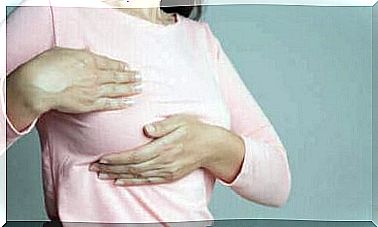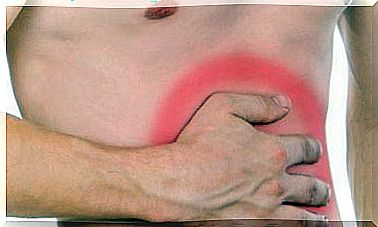My Metabolism Has Changed! What To Do?

So you’ve been sticking to a very strict diet for months on end, tracking every calorie you put on your plate and still not seeing a difference? You haven’t lost weight – not one skinny ounce. Maybe your metabolism has changed?
What’s going on here? You can go to the doctor and be referred to a nutritionist, who will create a diet plan adapted to your personal needs.
Nevertheless, it is always wise to find out what the underlying problem is and what steps you can take to solve this problem.
A change in your metabolism can be caused by several factors. Find out in this article which factors these are.
What is the metabolism?
You probably hear things about your metabolism all the time, especially about how fast or slow you are able to lose weight. However, sometimes people tend to use certain terms without knowing what these terms actually stand for.
Explained as simply as possible, the term “metabolism” refers to a series of chemical reactions that help the body release energy and improve the functioning of your body’s cells.
These goals are all achieved through the processes of catabolism and anabolism. These processes are responsible for, among other things:
- Respiration and oxygenation of your body cells.
- Strengthen blood circulation.
- Regulate your body temperature.
- Enable you to properly process food and absorb the nutrients from it.
- Eliminate waste products through urine and feces.
As you can see, metabolism is quite complex and involves some of the most fundamental properties of your body, which in turn affect various organs.
Your metabolism can change over time and can be influenced by outside factors. We give you some more information below.
Why does your metabolism change?

Hormonal changes
Your metabolism will change over the years. Although your genes determine whether you inherited a faster or slower metabolism, as you get older you can easily lose the ability to lose weight.
How did that happen?
- The years pass and in the case of women, for example, the menopause will cause their bodies to produce less estrogen and progesterone. This then causes all small changes.
- Changes in how fast your metabolism is and a slowed basal metabolic rate mean that your body needs less energy throughout the day. All extra energy that your body does not need is therefore converted into fat and stored in the body as fat.
- In addition, you also lose muscle mass, which makes your metabolism even slower.
Exercise
Maybe you could go home tired at night and feel like you’ve been busy all day, but you don’t see this at all in your figure when you look in the mirror.
- For example, standing still burns few calories, just like walking at a normal pace. To burn a lot of calories, you have to make sure that your heart rate really goes up a bit, that the heart rate is accelerated to a suitable and steady pace (but not too fast).
- This means that you should do cardio, exercises that are good for your heart health, because this keeps your metabolism active.
- If you have a sedentary lifestyle or are only moderately active, your body adjusts to stable energy levels, which means you won’t gain weight, but at the same time you won’t be able to shed those extra pounds.
Eating certain foods
Certain foods, when consumed regularly, can affect how your metabolism works.
If your body has become accustomed to certain foods, such as sugar, saturated fats, refined flour, red meat or processed foods, this can cause the fundamental cellular processes in your body, which we also discussed earlier in this article. be delayed.
How can you get your metabolism going again?

Change your physical activities and your posture
Do you notice that your body looks different than before and that it used to be so simple to lose weight, but now you are unable to lose even a pound after even your most desperate attempts?
- Don’t get discouraged. A lack of motivation can cause you to develop negative emotions that can affect your health.
- See it as a challenge. It’s a sign that you may need to work a little harder. However, with that extra effort, you will definitely see the results you are looking forward to at some point.
- It is important that you can count on the support of your family and friends. And that your doctor can give you the right information about why you are no longer able to lose weight properly and easily.
Foods to add to your diet
- Never skip breakfast and start your day with a glass of warm water and lemon juice every morning.
- Eat artichokes.
- Remember to eat products rich in omega-3 fatty acids, such as oily fish, nuts and avocado.
- Drink ginger tea.
- Try sage tea.
- Drink green tea.
- Eat lean meat.
- Make salads from lentils and green vegetables.
- pear
- Apple
- Hot peppers and chili
- Cinnamon
- Grapefruit
- Orange
- Kiwi
- Papaya
- radishes
- Brown rice
- Regular yogurt
Get plenty of exercise
It is important that you set aside an hour each day to do some cardio. If you think you need this, to make sure you keep your promise and not put off your exercises until the next day, try training with a friend.
So try doing one of the following exercises every day:
- Walking in the morning
- Bicycles
- Swimming
- Dancing
Choose the form of exercise you like best, as long as it gets your heart rate up. You will see within a few weeks that you feel much better and that you look much better!









